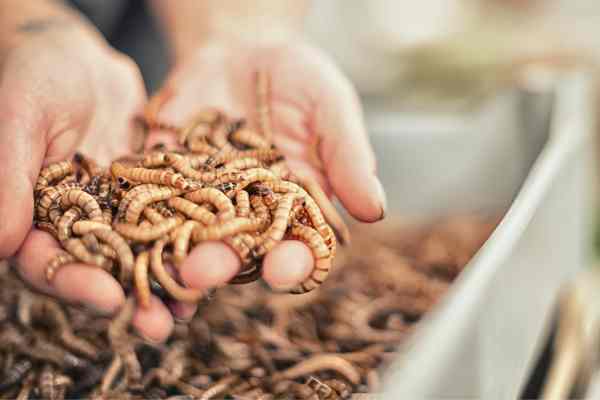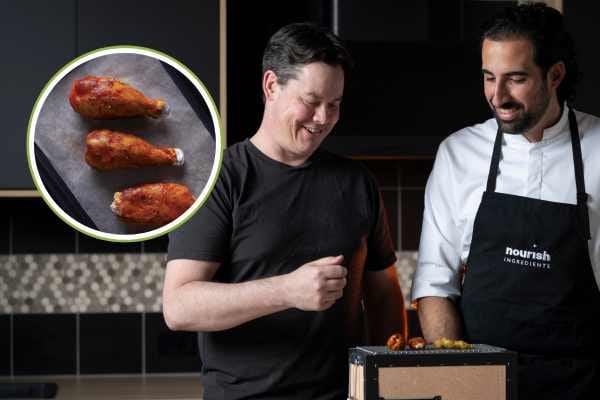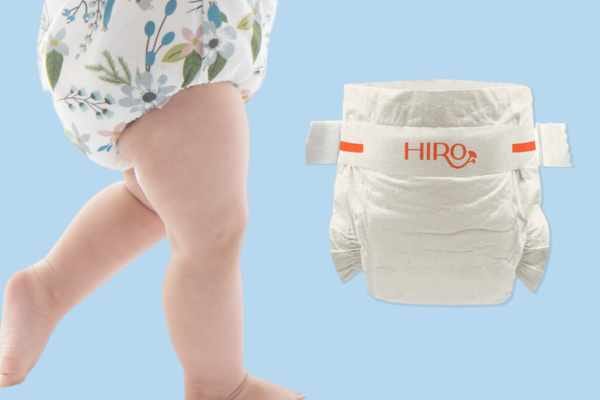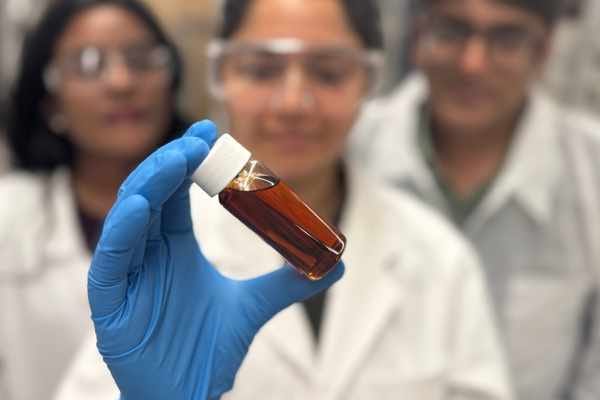Inner Sydney foodies clean up
Smashed avo, coffee grounds and other food scraps will be on the menu for these tiny fly larvae in the push to divert waste from landfill.

The City of Sydney has launched a year-long trial of an innovative insect-based food recycling system from Canberra startup Goterra.
The trial, which began in January, collects food scraps from households and feeds them to black soldier fly larvae.
Participating households receive a small kitchen caddy, compostable liner bags, and a food scraps bin. The waste is collected by City of Sydney trucks and taken to a new purpose-built processing facility in Alexandria, co-located with Bingo Industries.
There, millions of black soldier fly larvae consume the food waste, transforming it into fertilisers and protein-rich animal feed for fish and poultry.
“With food waste making up nearly one-third of landfill, this trial is a bold step toward a circular economy.”
"This is the next step in our war against waste. Using maggots is an innovative and sustainable solution for this growing problem," Sydney Lord Mayor Clover Moore said.
"This is a brilliant circular economy result as we regenerate what was once considered waste into sustainable commodities: insect protein for animal feed and a natural low-impact fertiliser, both essential for food production."
Currently, food scraps account for 40% of red-lid bin waste – a pressing issue given Greater Sydney’s looming landfill capacity crisis. When food waste ends up in landfill, it also decomposes and releases methane, one of the most potent greenhouse gases.
Recognising this challenge, the NSW government recently became the first in Australia to mandate food waste collection.
While fewer than half of the state’s 128 councils currently offer Food Organics and Garden Organics (FOGO) bins, all councils will be required to collect FOGO waste from businesses and institutions by July next year and from households by July 2030.
“This solution redefines how cities tackle organic waste and turn it into valuable resources quickly and sustainably,” Goterra said of the trial.
“With food waste making up nearly one-third of landfill, this trial is a bold step toward a circular economy.”
Goterra was founded a decade ago by former sheep farmer Olympia Yarger. Its Alexandria facility can process up to 500 tonnes of food scraps annually, and it operates another insect processing centre in Albury, with a third set to open in Perth later this year.
Goterra also operates 21 shipping container-sized recycling units at seven sites, including Barangaroo and the Hyatt Regency in Sydney.
Once collected, the food waste is placed into a hopper at the Alexandria facility where it is macerated into small particles that the fly larvae can easily process. Hydraulic systems then distribute the waste into 340 trays, each housing tens of thousands of black soldier fly larvae –altogether nearly 12 million. These larvae consume twice their body weight daily, breaking down food scraps and transforming them into valuable resources. Their manure is processed into fertiliser, while the larvae themselves become protein-rich animal feed for chickens, fish and even pets, packed with essential vitamins and minerals. Unlike other insects, black soldier flies do not spread disease, and their larvae actively break down bacteria in the food waste they consume.





